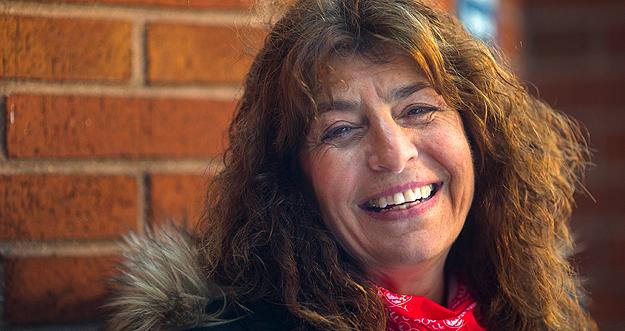The Year of the Nurse

Florence Nightingale, the founder of modern nursing, was born in 1820. Thus, the international community celebrates 2020 as “The Year of the Nurse.” Women in the United States won voting rights in 1920. As 91% of nurses are women, 2020 becomes a significant year for us, as a profession and a voting population.
So where have we gone with this profession and with our rights to participate in selecting leaders? What does it mean to be a nurse today? How has the “Triple Crisis” impacted our profession, our lives and the lives of our communities?
Can we exercise our collective power to be change agents in a world suffering from disasters: hurricanes, floods, droughts, wildfires, pandemics, poverty, wars, unemployment, racism, misogyny, homophobia, xenophobia and intolerance to differences? What have we learned in the face of COVID-19 or the massive wildfires raging in the West, as our planet is literally burning up…
Unions
A mere 40 years ago, most nurses saw themselves as too “professional” to join unions. But abysmal salaries and the absence of pensions and health plans (retired nurses lived in poverty), as male-dominated unions enjoyed these benefits, nurses saw that the only people benefiting from their “non-union professionalism,” were the wealthy employers.
Strikes, sick-outs, organizing drives and militant actions of the 80s terrified hospital bosses, who rapidly capitulated to our power by negotiating huge increases in salaries, benefit plans, pensions, safety provisions, staffing language, training and educational benefits and all that we possess today.
Knowing history
How many new nurses know that EVERYTHING they enjoy, is the result of sacrifice and struggle by colleagues from previous generations? Establishing standards, defining practice parameters and supports are also key elements in union demands and contractual, legislative and regulatory provisions. Where would we be without a union? What would the profession of nursing be without nurses organizing to defend our patients, our practice and our very own lives?
The virus
Nothing made that clearer than when SARS-CoV-2 tore into New York in March of 2020. “The Year of the Nurse” was transfigured into “the year of nurse suffering,” heroism, infection and death. And Nurse Fightback—against every system that was supposed to protect us and our communities. How many more patients would have died had our union not fought 24/7 against the horrendous conditions we were subjected to? How many more of us would have succumbed to COVID were it not for our collective actions: demanding PPE, ventilation, testing, sick time, logistical support, workers comp, financial remuneration, training, staff, housing, food?
It was horrific—no question. But without NYSNA members’ militant actions, and our union leaders’ persistence with government, agencies and bosses, it would have been far worse. And, this fight isn’t over as Employers continue to use COVID as the excuse to cut staff, safety measures, essential services, avoid contractual provisions and refuse to ensure front line care givers have a seat at the table in deciding better ways of managing the status quo and the possible resurgence of the pandemic. Winter approaches, flu season isn’t generously choosing to disappear…and our hospitals are not prepared.
Diversity, density and divisions
We’re a diverse union: our demographics are broad, we’re rural, urban, suburban, downstate, upstate (even New Jersey!), in areas of union density, and of union scarcity. We live in congested cities and scattered communities. We work in the public sector (subject to “the budget”) and in the private sector. That sector is divided into safety net facilities whose conditions mimic underfunded public institutions; and wealthy medical centers with better conditions—but these don’t translate into more respect for their nurses.
That’s what we share: our profession, our advocacy for our patients, to protect us all from harm, to practice safely, to be respected, to learn and thrive as caregivers, to be able to care for our families with dignity.
This far outweighs our differences. When any sector wins, every sector wins. This myth of a finite pot of money is a ruse to get us to fight amongst ourselves for crumbs. It’s a lie. Nurses shouldn’t compete with one another. We’re so powerful when we’re united, when we listen to one another, walk in each other’s shoes, embrace and respect the unique and beautiful things we have to offer.
Management will always promote division among workers—not just nurses. Essential services like health care, education, housing, nutrition, environment, energy, protection and transportation shouldn’t compete for pennies, when billions are generated—by us—and hoarded by the powerful and wealthy few. The solution is not austerity, it’s changing tax codes so that the ultra-rich pay their fair share.
October 20th, 2020
Educational programs, beginning September 15th and culminating on October 20th with our virtual Convention are designed to create a forum to learn, discuss, decide and act, as a unified force, to make our union stronger, and thus our hospitals and state, better able to fulfill our commitment to the ideals of Florence Nightingale, and so many of our historic fighters for social justice.